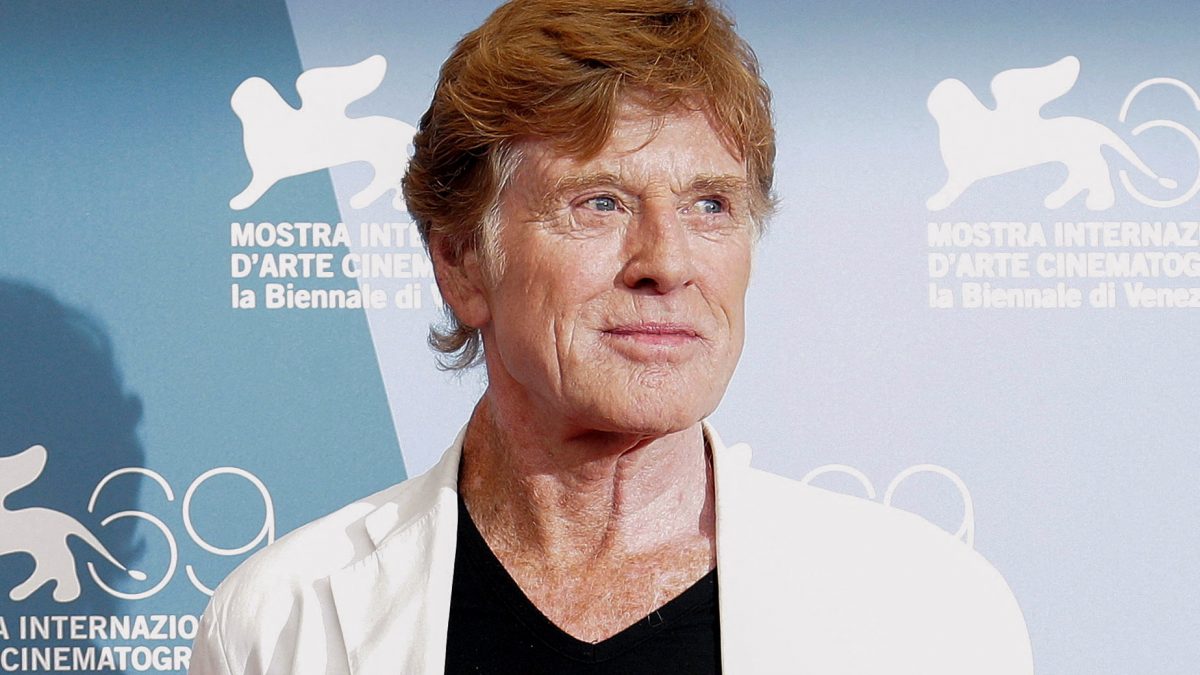More than a decade back, Butch Cassidy and the Sundance Kid played in a packed American Centre auditorium in New Delhi as part of a Western-themed film festival. As the movie reached its climax, the audience cheered for the film’s titular outlaws, Butch Cassidy and the Sundance Kid, shouting at the top of their voices in a wild frenzy as the duo charged out of a building, guns blazing, into a hail of bullets fired at them by the massed troops of the Bolivian Army. Back in 1969, when the film would have originally got released in theatres all across America and the rest of the world, it would have had the same influence on the audiences. For, the film catapulted Robert Redford, essaying the part of the Sundance Kid, to superstardom.
The same Robert Redford bought a ski area on the east side of Mount Timpanogos northeast of Provo, Utah, called Timp Haven. He renamed it ‘Sundance’ after his Sundance Kid character. He went on to create the Sundance Film Festival, which became one of the world’s largest festivals for independent films. With Redford having passed away at 89, cinephiles around the world are mourning not just the passing of a great actor but a cultural icon who redefined American cinema, both in front of and behind the camera.
As an actor, Redford was the embodiment of charm, grit, and conviction. His range was extraordinary, from the rugged survivalist in Jeremiah Johnson (1972), the shrewd politician in The Candidate (1972), and the conman in The Sting (1973), to the romantic lead in The Way We Were (1973), the CIA analyst in Three Days of the Condor (1975), and the dogged journalist Bob Woodward in All the President’s Men (1976). He carried the same magnetism into The Electric Horseman (1979), Brubaker (1980), The Natural (1984), and the sweeping romance Out of Africa (1985). Each performance revealed a different facet of his artistry.
Redford made his directorial debut with the family drama Ordinary People (1980), which won four Academy Awards, including Best Picture and Best Director. Over the next two decades, he directed a string of thoughtful films, including the magical-realist drama The Milagro Beanfield War (1984), the lyrical coming-of-age story A River Runs Through It (1992), the probing historical drama Quiz Show (1994), the intimate neo-western The Horse Whisperer (1998), and the sports fantasy The Legend of Bagger Vance (2000). These films further cemented his reputation as a storyteller with a keen eye for the human condition.
Impact Shorts
More ShortsEven in his later years, Redford continued to surprise audiences. He gave a masterful solo performance in All Is Lost (2013), carried political gravitas in The Company You Keep (2012), and brought elegance and wit to his swansong, The Old Man & the Gun (2018). Watching him in these roles was a reminder of the grace and depth he carried throughout his career.
Robert Redford was born Charles Robert Redford Jr. on August 18, 1936, in Santa Monica, California, to Martha and Charles Robert Redford Sr., a milkman-turned-accountant. Growing up in a modest household during the tail end of the Great Depression, Redford’s early years were marked by a mix of hardship and restlessness. As a teenager, he struggled academically and wrestled with bouts of delinquency, eventually finding solace in art and sports.
A baseball scholarship briefly took him to the University of Colorado, but his adventurous spirit soon led him to Europe, where he immersed himself in painting and absorbed the cultural ferment of postwar Paris and Florence. On returning to the United States, he pursued acting studies at the American Academy of Dramatic Arts in New York, laying the groundwork for a career that would fuse natural charisma with an artist’s eye for detail and truth.
But Redford’s impact was never just about his own films. With the Sundance Institute and Film Festival, he created a haven for new voices, forever changing the landscape of independent cinema. He was also an outspoken environmental activist, using his platform to advocate for the preservation of the natural world he loved so deeply.
To remember Robert Redford is to celebrate a visionary who enriched world cinema. His legacy lives on in his unforgettable films, in Sundance, and in the countless filmmakers and actors he inspired. Few stars have so effortlessly bridged the worlds of popular cinema and independent artistry, and fewer still have done it with the elegance, conviction, and moral clarity of Robert Redford.
The author is an Indian critic and journalist who has been covering cinema, art and culture for the last decade and a half. He has served on the jury of various film festivals as well as the prestigious National Film Awards. Views expressed in the above piece are personal and solely those of the author. They do not necessarily reflect Firstpost’s views.
)